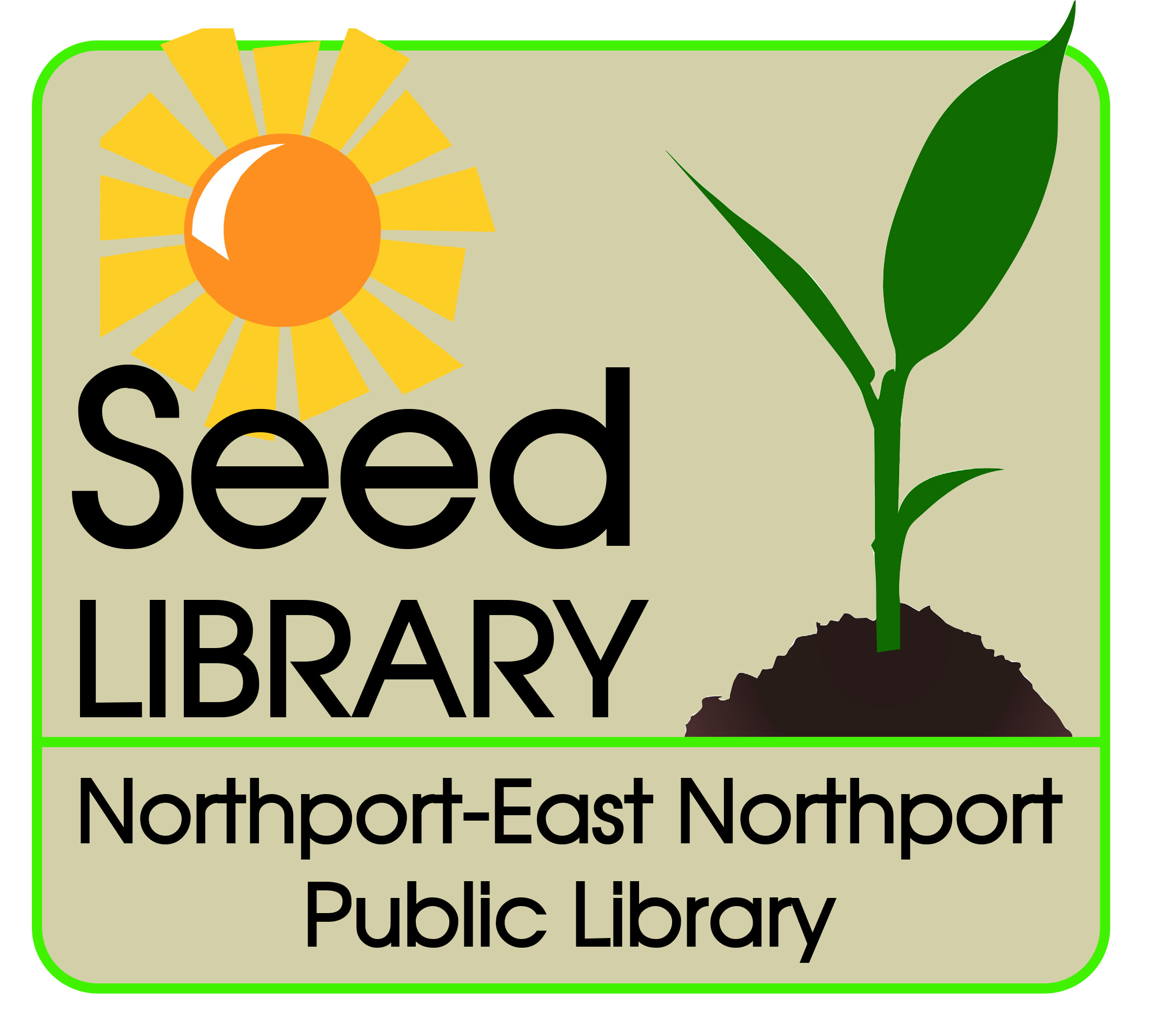
• Who may take seeds from the Seed Library?
Anyone with a NENPL library card is welcome to take seeds.
• How many seeds may I take?
Please only take what you have room to grow. Only take one packet of a given seed
to ensure availability to others. Please limit yourself to three packets at a time.
• How do I ‘check out’ seeds?
1. Select the seeds that you would like to take.
2. Fill out the seed form. This helps us keep track of how many gardeners are using our
Seed Library, and will help us improve our Seed Library for next year.
• Do I have to return/donate seeds?
No, but we encourage you to share seeds from plants you have grown with your family,
friends and neighbors.
Seed Packets are on a first come, first served basis, while supplies last.
Local Organizations
Cornell Cooperative offers gardening support. Horticulture Hotline (631) 727-4126, Mondays-Fridays, 9am-noon.
https://cals.cornell.edu/cornell-cooperative-extension
Northport Native Garden Initiative
Seeds donated to the library by Seed Savers, High Mowing Seeds, and Hudson Valley Seed Company. All seeds are organic, non-GMO and heirloom.
Books to help with planting and growing seeds
-
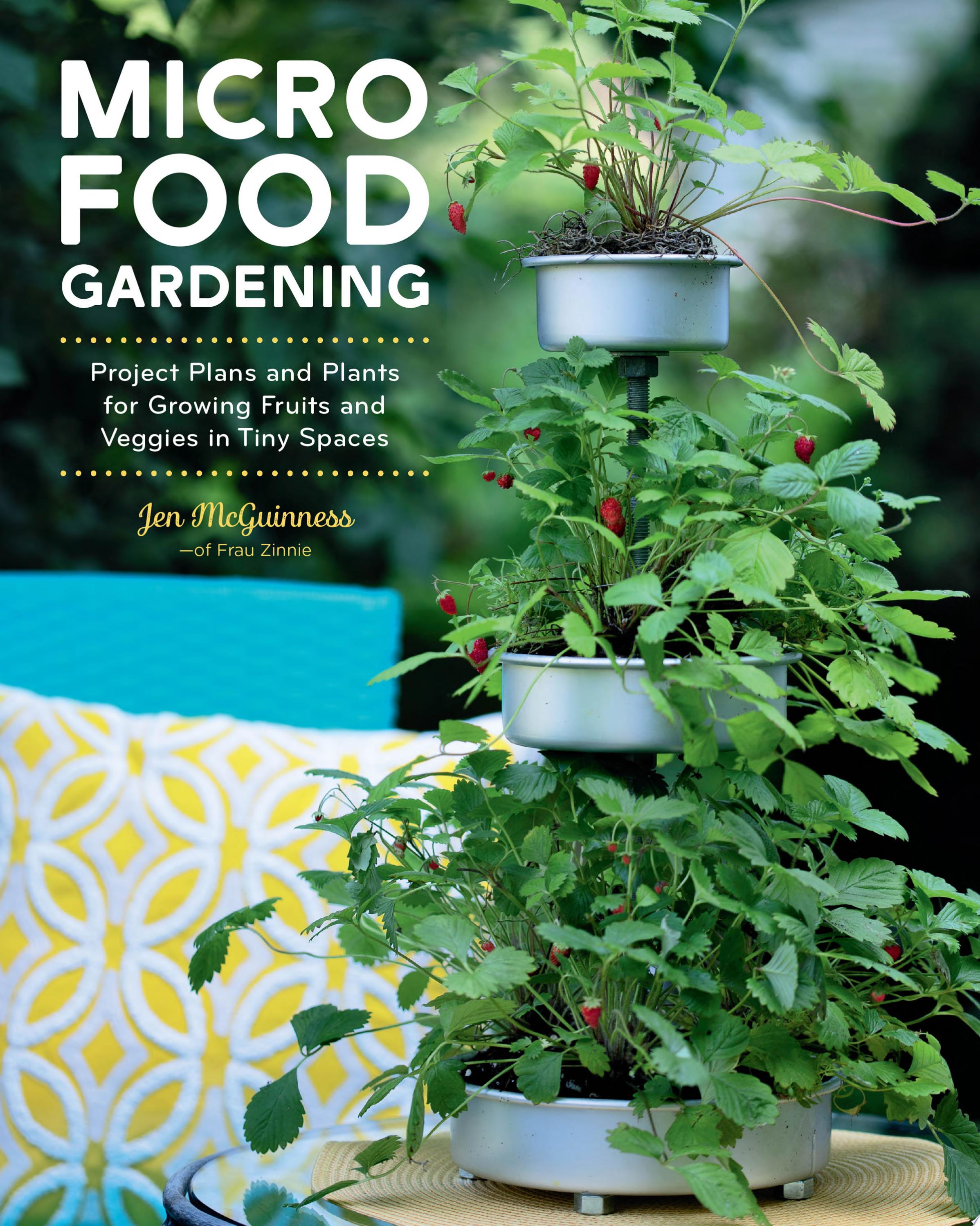
Micro Food Gardening
Tiny plants are poised to take over the gardening world. And no category of tiny plants is as welcome and wildly embraceable as tiny edibles. Not only are they cute as a button, but they’re tasty and nutritious too! In Micro Food Gardening, author and small-space gardening pro Jen McGuinness, introduces you to a world of miniature edible plants and dozens of DIY projects for growing them.
Not everyone has room to grow a full-sized tomato plant or a melon vine that takes up more room than your car, but everyone has space for a micro tomato that tops out at the height of a Barbie doll or a dwarf watermelon with vines that won’t grow any longer than your leg. From miniature herbs and salad greens to tiny strawberry plants, baby beets, and mini cabbages, you’ll quickly discover that micro gardening offers a surprisingly diverse and delicious array of edible opportunities. Plus, with step-by-step instructions for a plethora of DIY micro food gardening projects, you’ll be up and growing in no time at all.
Whether you micro garden on a high-rise balcony, an itty bitty patio, a front porch container, or even in a basket on the handlebars of your bicycle, there are mini food plants ready to start cranking out fresh produce just a few weeks after planting.
Creative projects include:- A window box of mini potatoes for a porch, deck, or fire escape railing
- A mini lettuce table that serves to both grow food and hold your beverage
- A compact “cake tower” of strawberry plants
- A wine box spice garden
- A mini food fountain with herbs, veggies, and edible flowers
- A small-space omelet garden for cooking up the perfect breakfast
Plus, several indoor food-growing projects will have you enjoying homegrown micro veggies year-round, even in cold climates.
With advice on plant selection and care, project plans, full color photography, and growing tips, Micro Food Gardening is here to show you the joys of growing your own fresh, organic food, no matter where you call home. -
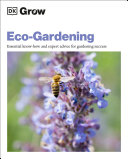
Grow Eco-gardening
Garden in a more sustainable wildlife-friendly way.
Ideal for first-time gardeners, Grow Eco-Gardening contains everything you need to know to care for the planet while you care for your garden. Discover how to minimize garden waste, mitigate the impact of changing weather patterns, and do your bit to reduce your carbon footprint and turn your outdoor space into a refuge for local wildlife with a wide selection of recommended plants including trees, climbers, and wildflowers.
Packed with practical, jargon-free know-how, this easy-to-use guide has everything you need to know to help your garden Grow. -
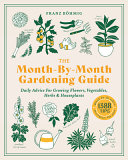
The Month-by-Month Gardening Guide
“Bursting with useful advice, especially for new gardeners.” —Booklist
To be a successful gardener, you need to know two things: how to do something and when to do it. Both concepts are thoroughly tackled in The Month-By-Month Gardening Guide. This comprehensive approach to gardening guides home gardeners—whether you are growing vegetables, flowers, or houseplants—through a year of growing. Throughout, the emphasis is on organic, wildlife-friendly techniques. By following the guidance detailed in this hardworking primer, you’ll be well on your way to a beautiful and bountiful garden that will provide pleasure throughout the year. -
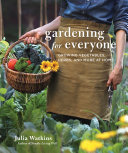
Gardening for Everyone
A guide to creating and growing a backyard garden simply and sustainably--from planning to planting to harvest, with profiles of essential vegetables and herbs, ecological tips, and fun and creative projects
Growing food in your backyard (or even on a porch or windowsill!) is one of the simplest and most rewarding ways to nourish yourself, be self-sufficient, and connect with nature in a hands-on way. Here sustainability expert Julia Watkins shares everything you need to know to grow your own vegetables, fruits, and herbs (as well as wildflowers and other beneficial companion plants). The book covers all the nuts and bolts of creating and caring for your garden--planning, building, planting, tending, and harvesting--followed by a deeper dive into the plants themselves: demystifying annuals vs. perennials, cold-weather vs. warm-weather veggies, and profiles of favorite crops. Throughout, Julia offers tips for creating an eco-friendly and sustainable garden (such as vermicomposting, no-till "lasagna" gardening, and attracting pollinators), plus some fun and unexpected hands-on projects like how to build a bean teepee, make wildflower seed paper, and enjoy refreshing herbal lemonade ice pops. -
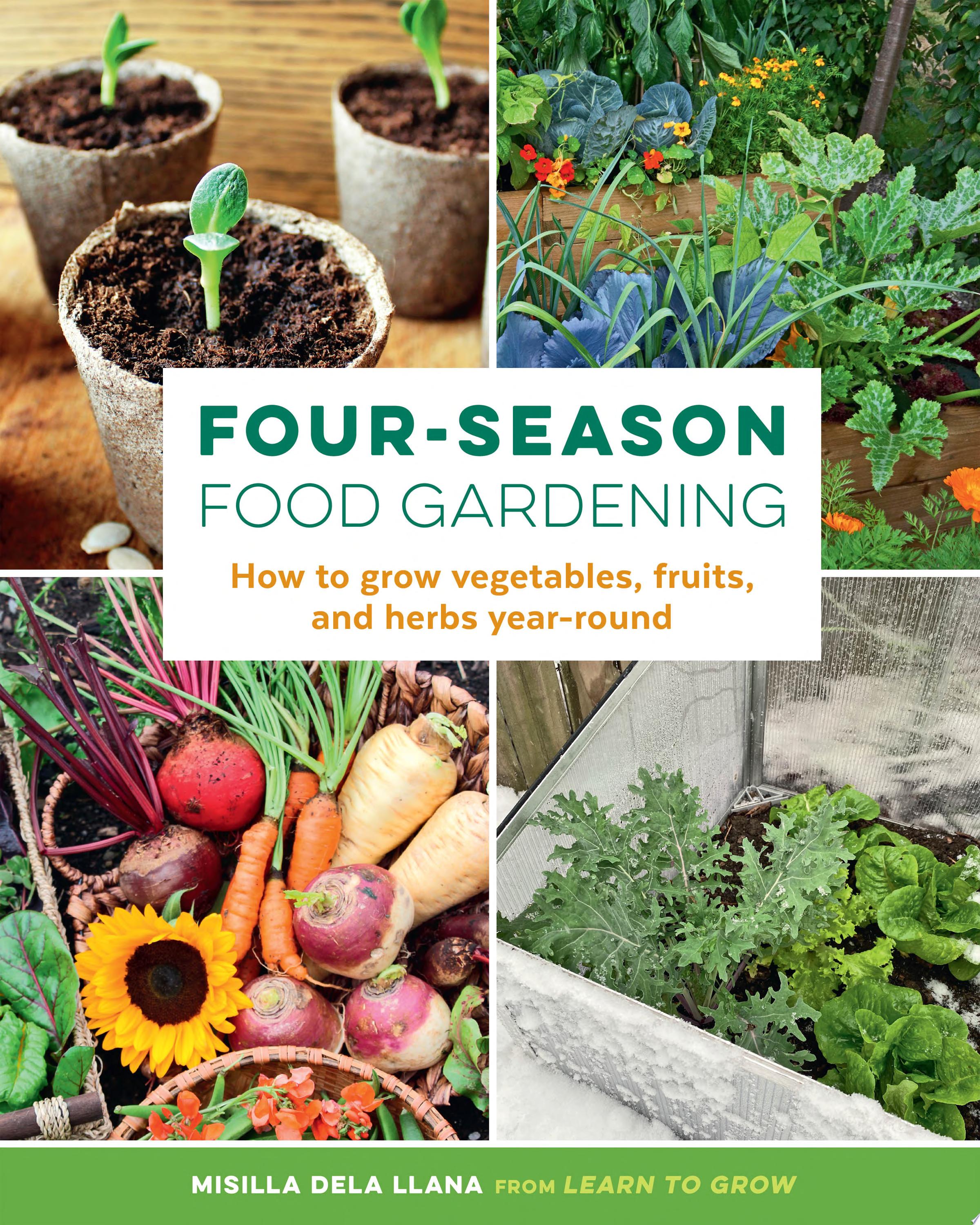
Four-Season Food Gardening
Four-Season Food Gardening hands you all the know-how you need to make growing food 365 days a year your new superpower!
Unlike most other vegetable gardening books on the market, this one approaches the subject through the lens of what you can grow during each of the four seasons, even if you live in a cold climate. Using season-extension techniques, such as cold frames, mini hoop houses, and thick mulches, combined with a thoughtful mixture of annual and perennial crops, you’ll discover that eating from your backyard through all 12 months is possible.
With a hearty dose of enthusiasm and expertise, author Misilla dela Llana of YouTube’s Learn to Grow channel presents this season-by-season guide to growing edible plants, covering everything from what tasks and what crops are best for each harvesting season to step-by-step DIY projects for structures and methods to temper weather extremes. With Four-Season Food Gardening you can keep on growing, no matter what challenges Mother Nature presents.
Inside, you’ll find info on:
- Veggies you can harvest in the dead of winter
- Foods that come from perennial plants you harvest from for many years
- How to build and use cold frames and other season extenders to prolong your harvest
- Tips for incorporating layers of edible plants to maximize space
- Pruning, planting, and maintenance advice for dozens of crops
- Seasonal maintenance and harvesting know-how from a pro
Build a forest of food in your backyard and reap the delicious rewards for years to come! -
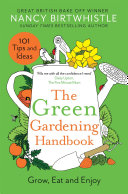
The Green Gardening Handbook
Going green in the garden has never been easier with Nancy Birtwhistle’s sustainable, eco-friendly tips that will help you make the most of your space, and what it can grow. Whether you have a sprawling garden, a modest patch of grass or just a spare windowsill, The Green Gardening Handbook has over 100 tips will help you embrace the joy of growing and eating from your own garden.
This beautifully illustrated guide is packed with advice on everything from composting, clothing and basic equipment to seasonal recipes and guides to freezing, storing and preserving that will help you save money and reduce waste. This practical book from the former Great British Baking Show winner and Sunday Times bestselling author of Clean & Green and Green Living Made Easy is for anyone, green-fingered or not, looking to discover the delights of growing and eating food they’ve grown themselves.
‘Getting out in the garden helps us stay healthy – and it helps our planet too. Mother Nature wants you to succeed, plants actually want to grow – those seeds are there patiently ready and waiting. All we need to do is just have a go.’ Nancy x
Seed donated to the library by Seed Savers and High Mowing Seeds. All seeds are organic and non-GMO.
